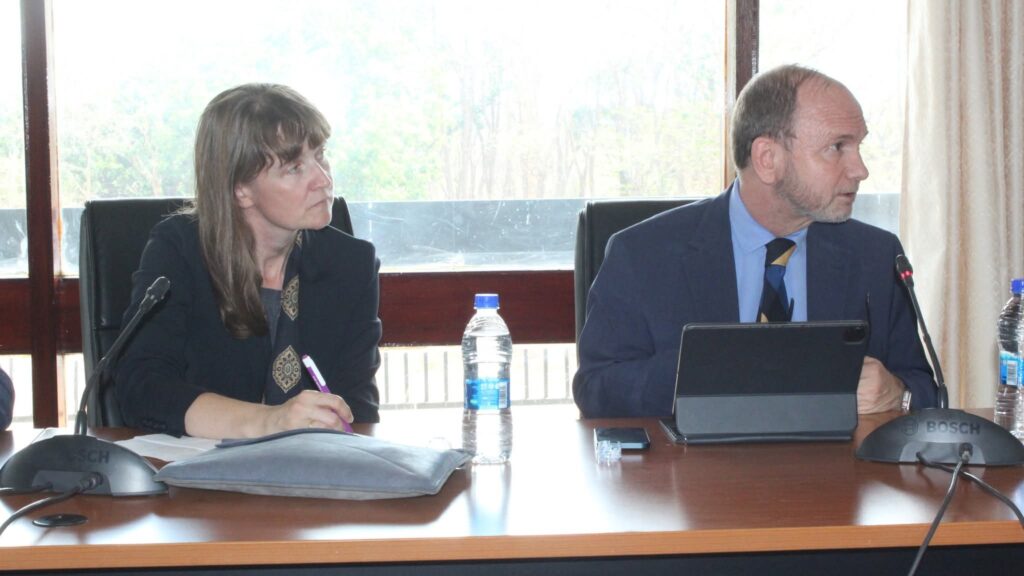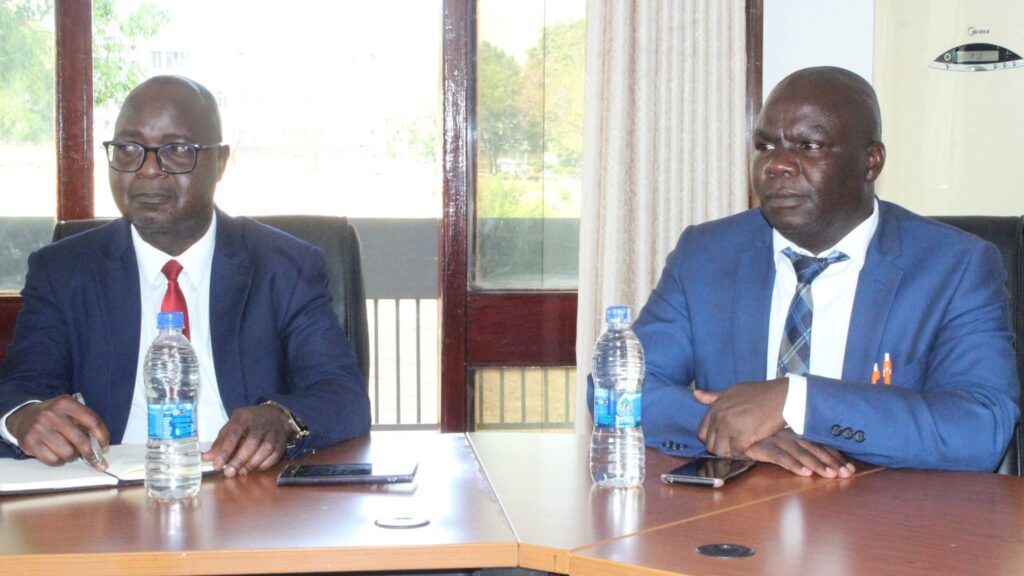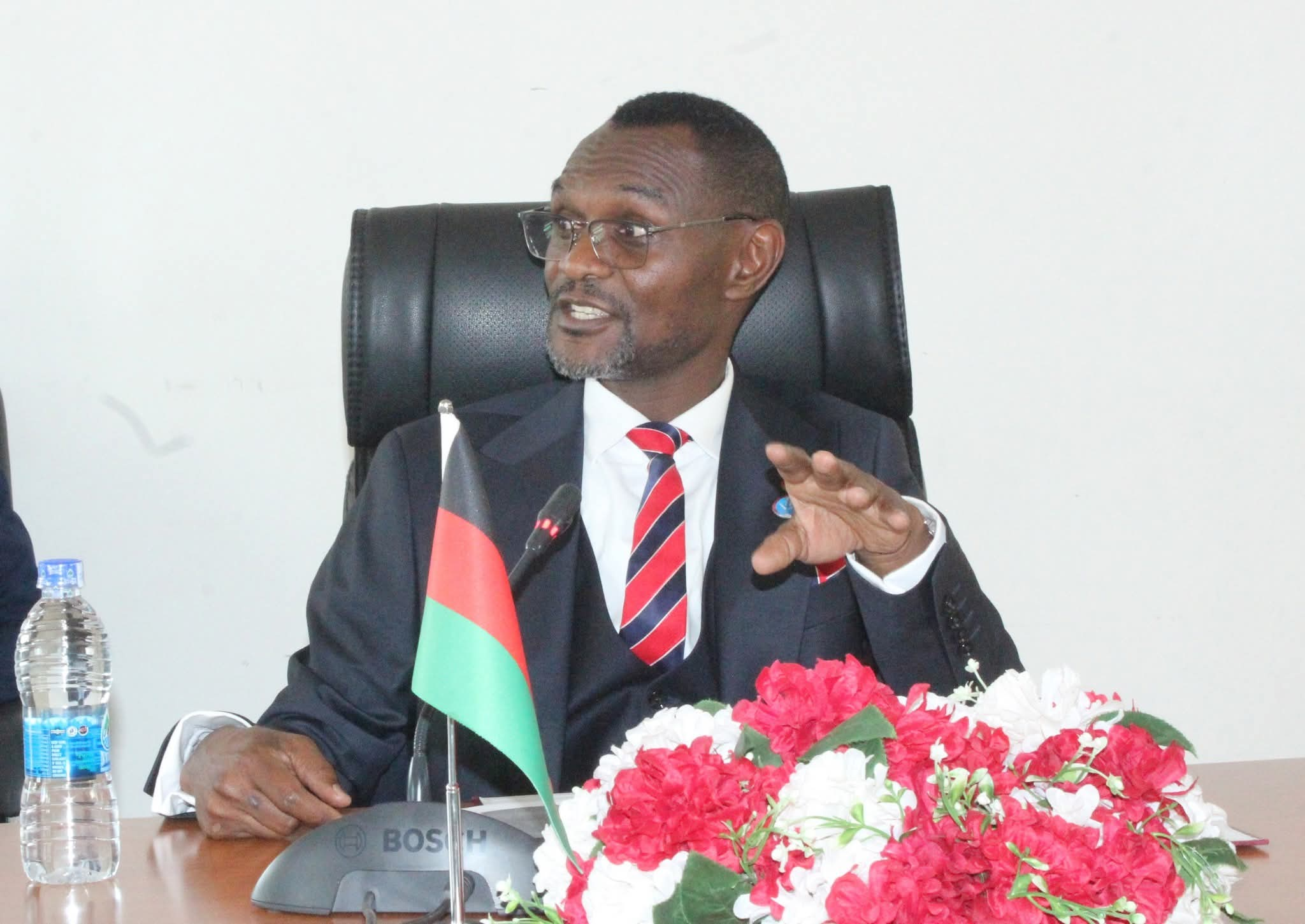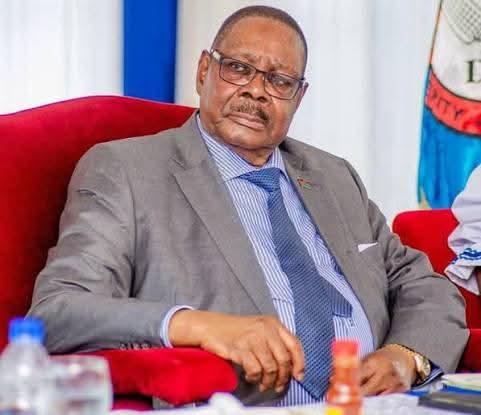
By Suleman Chitera
Malawi is set to receive a significant financial boost following the World Bank’s commitment to provide $150 million for the Governance to Enable Service Delivery (GESD) 2 project. The development was announced by the World Bank Country Manager for Malawi, Faras Raad, during a high-level meeting held on Tuesday at Capital Hill in Lilongwe with the Minister of Local Government and Rural Development.
Raad affirmed the World Bank’s continued partnership with the Government of Malawi, highlighting the importance of strengthening public service delivery and improving the livelihoods of citizens.

“The World Bank remains committed to fostering strategic partnerships with the Government of Malawi to improve service delivery and livelihoods of people and strengthen ongoing development programs across the country,” said Raad.
He explained that the $150 million grant aims to enhance coordination between government institutions and development partners, ensuring better planning, implementation, and accountability in service delivery at the local level.
Government Welcomes Support
The Minister of Local Government and Rural Development, Ben Phiri, expressed appreciation to the World Bank for standing with Malawi in advancing local governance and rural development.
Phiri stated that the GESD 2 project is timely and will help accelerate development initiatives across districts and local councils.
“This partnership is crucial in supporting various developments for our country. We appreciate the World Bank’s continued support,” he said.
Push for Digital Monitoring Tools
During the meeting, Phiri also requested additional technical and financial support from the World Bank to help the Ministry develop a digital performance monitoring dashboard. The proposed system will enable real-time tracking of Constituency Development Fund (CDF) projects across Malawi.
“The dashboard will be part of digital solutions we intend to introduce to monitor performance of CDF projects in real time; this is crucial for improving service delivery and aligning with the ministry’s mandate,” Phiri emphasized.
Strengthening Decentralization and Local Governance
The GESD 2 project is expected to support efforts aimed at improving accountability, transparency, and efficiency within local government systems. The project also aligns with Malawi’s decentralization agenda, which promotes decision-making and development planning at community level.
Both parties expressed confidence that the strengthened collaboration will help accelerate rural development, enhance service delivery, and contribute to improving the quality of life for citizens across Malawi.





Great to hear about the World Bank grant; this could really boost Malawi’s development with the GESD 2 project. Hoping the funds reach the communities that need them most.